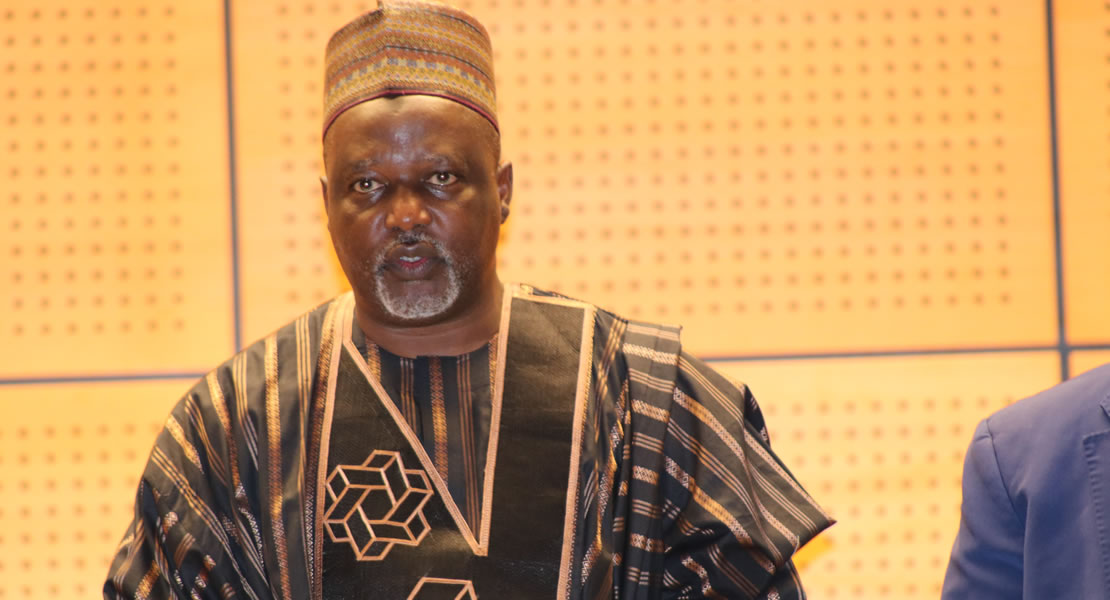
A member of Nigerian’s delegations to the Community Parliament Lynda Chuba Ikpeazu at the ongoing 2023 first Ordinary Session presentation of country report noted that despite the enthusiasm and awareness creation leading to the February 2023 general election it recorded a very low voter turn-out.
Presenting her Country’s report to the plenary on Tuesday, May 9, 2023 according to her out of the total of ninety three point forty-seven million (93.47) registered voters only twenty-four point nine million (24.9m) voters turn out for the presidential and National Assembly elections.
This represents a meagre 26.72 percent voter turnout, the lowest since the return to democracy in 1999.
And in response the, Independent National Electoral Commission (INEC) noted that the low number of voters was as a result of some technical hitches in the technological device known as the BVAS which is a Bimodal Voter Accreditation System, which was designed to capture the biometrics of prospective voters and upload polling results.
Some other reported challenges were the late arrival of election materials, and ad hoc staff, as well as setting up in the wrong locations.
Despite the challenges the elections were concluded successfully and Bola Ahmed Tinubu of the All Progressive Congress (APC) was declared winner and President-elect by the Independent National Electoral Commission (INEC).
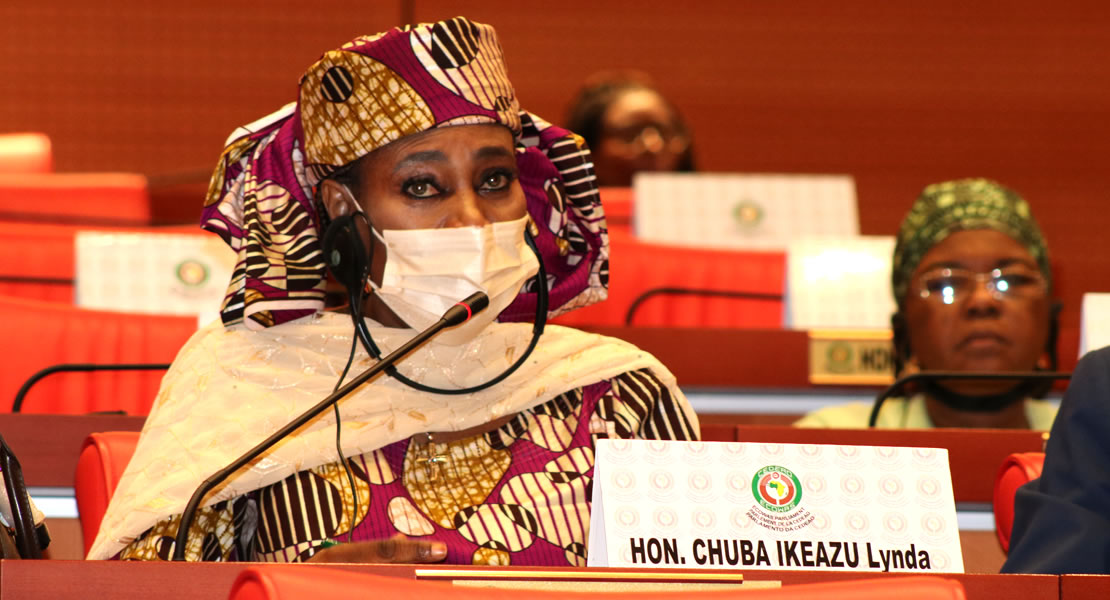 Whiles, five out of the 17 parties that participated in the February 25, 2023, presidential elections challenged the victory of President-elect Bola Ahmed Tinubu of the All Progressive Congress (APC) through petitions filed before the Presidential Election Petition Court (PEPC) sitting at the Court of Appeal, in Abuja.
Whiles, five out of the 17 parties that participated in the February 25, 2023, presidential elections challenged the victory of President-elect Bola Ahmed Tinubu of the All Progressive Congress (APC) through petitions filed before the Presidential Election Petition Court (PEPC) sitting at the Court of Appeal, in Abuja.
The aggrieved five – Peoples Democratic Party (PDP) and its candidate Atiku Abubakar; Labour Party (LP) and its flag bearer Peter Obi; Action Alliance (AA); All Peoples Movement (APM); and the Action Peoples Party (APP) and its candidate, Nnadi Osita – have disputed the results declared by INEC Chairman Prof. Mahmoud Yakubu.
Security challenges in the North-West
Nigeria has confronted several security conundrums in recent years, including armed banditry, which poses a severe threat to the north-west and the entire nation. North-west Nigeria has been hit by an unprecedented wave of kidnappings, maiming, killings, population displacements, cattle rustling, and disruption of socio-economic activities due to the rise of armed bandits in the region.
These events have created a climate of uncertainty that has become a cause for concern for the government and the citizenry.
The Kaduna State Government disclosed in March 2023 that 214 people were killed while 746 others were abducted by bandits from January to March.
The report showed that Kaduna central senatorial district recorded the highest number of casualty with 115 deaths followed by Kaduna South and Kaduna North senatorial districts with 61 and 38 deaths respectively.
In addition also indicated that of the 746 people kidnapped, Kaduna central senatorial district accounted for 492 victims followed by Kaduna south senatorial district with 221 while 33 people were abducted in Kaduna north senatorial district.
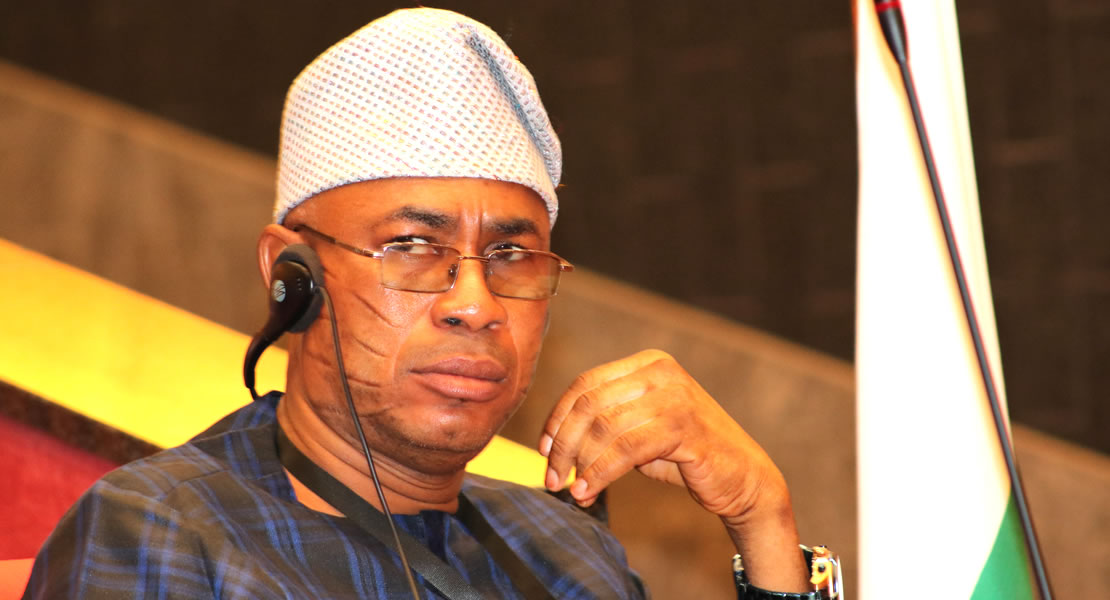 In response to these security challenges, the Kaduna State government has pledged to intensify and sustain simultaneous ground and air kinetic actions across the seven frontline states of the Northwest region and Niger which have continuous and contiguous forest ranges and are most heavily impacted by this security challenge.
In response to these security challenges, the Kaduna State government has pledged to intensify and sustain simultaneous ground and air kinetic actions across the seven frontline states of the Northwest region and Niger which have continuous and contiguous forest ranges and are most heavily impacted by this security challenge.
Security challenges in the North-East
The Nigerian government’s agenda for the resettlement and return of internally displaced people (IDPs) in Nigeria’s Borno state has posed a number of challenges for residents in the North Eastern parts of Nigeria.
And recently, the Borno state government has made concerted efforts in accelerating IDP relocation efforts. With federal support, the Borno State government has closed a number of IDP camps, bringing home refugees who fled to neighbouring states to escape conflict. However it has been discovered that the resettlementexercise has posed some challenges as some Jihadist groups operate near the sites to which some IDPs are being moved, often involuntarily thereby exposing the residents to risks due to a lack of security, public services and monetary support.
Borno state has been the epicentre of fighting between Nigeria and jihadist insurgents for thirteen years, and during that period has seen the most war-related displacement in the country’s north east.
Civil society groups have called for a suspension of camp closures by focusing on providing IDPs with the support they need.
Tensions due to Naira Scarcity
The Central Bank of Nigeria (CBN) in the 4th quarter of 2022 announced a Naira redesign, demonetisation, and the introduction of a new cashless policy in the implementation of these commitments has not only unsettled political and electoral calculations and permutations but has directly impacted the security of citizens.
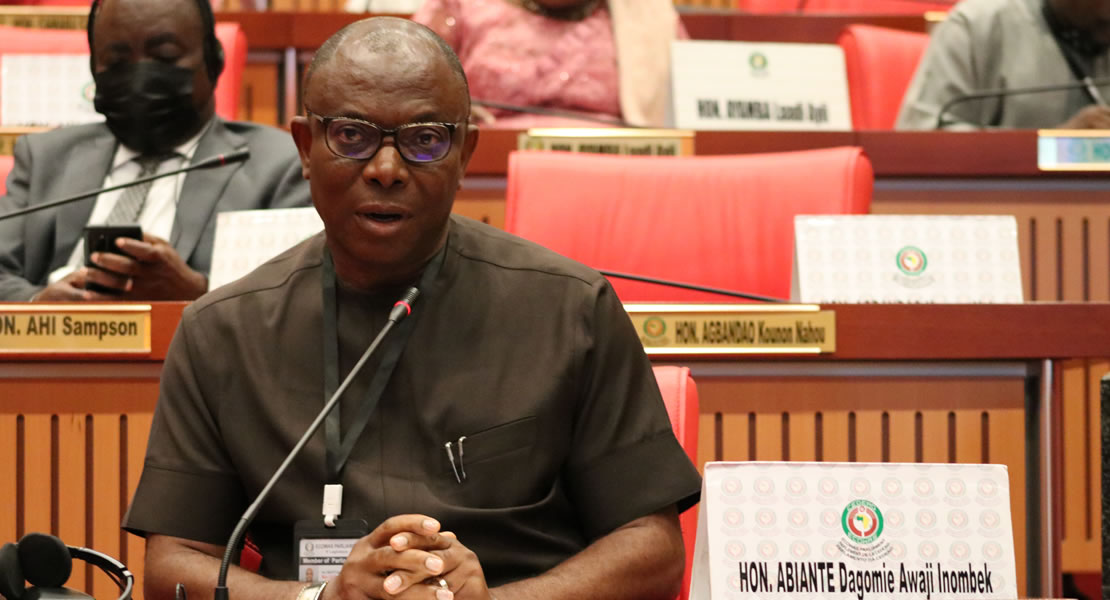
With the scarcity of cash creating tensions and long queues at banking institutions, leading to protests in Ondo, Oyo, Ogun, Edo and Delta states. These macro monetary policies were principally meant to preserve the integrity of the Naira, reduce the significant amount of cash in circulation outside the banking system and its use for criminal activities, and strengthen the economy by controlling spiralling inflation and corruption.
According to her, the CBN initiative was aimed towards supporting Nigeria’s quest to fighting corruption but with the lack of cash in circulation during the first quarter of the year indeed increased the risk of citizens being susceptible to vote buying.
Despite the potential benefits of the CBNs initiative there was palpable frustration and anxiety among citizens, with the inability to access cash having grounded many small businesses, further increased crime and daily hardships.
The cash and fuel scarcity experienced earlier in the year affected security operations, which also rely heavily on cash for their operations. Lack of mobility and security impacted the ability of INEC to hold polls in all the polling units across states in the federation in a safe and secure setting.
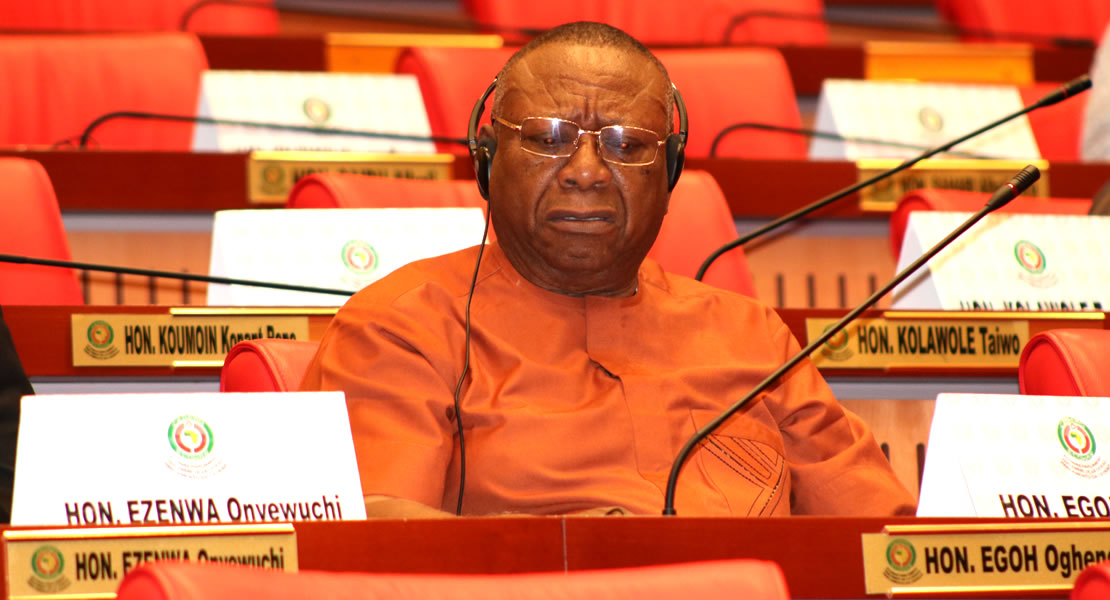 Furthermore many citizens were unable to travel for the elections, increasing the risk of low turnout and undermining the credibility of the outcome. Additionally, local printing of election materials and other sub-contracted services were affected by the cash shortages.
Furthermore many citizens were unable to travel for the elections, increasing the risk of low turnout and undermining the credibility of the outcome. Additionally, local printing of election materials and other sub-contracted services were affected by the cash shortages.
INEC found it extremely difficult to effectively deploy logistics and staff to remote locations. It normally pays transporters and provide resources for more than a million ad-hoc staff in the 8,809 political wards in cash.
Due to the hardships posed by the Naira redesign, on the 22nd of February, a seven-member panel of the Supreme Court was instituted for a judgement on the naira redesign policy. The judgement slated for 3rd March resulted in a reversal of the naira redesign policy and an introduction of the old naira designs thereby putting a stop to the naira scarcity and the challenges that ensued fromit.
Human right violations triggered during the 2023 elections
The Nigeria’s National Human Rights Commission confirmed the receipt of 450 complaints of human rights abuses and violations during the conduct of 2023 general elections. According to the record, 300 complaints of human rights violations were received during the Presidential and National Assembly elections while 150 cases were reported for the governorship and State House of Assembly elections.
The widespread complaints ranged from violence, vote buying, voter suppression, intimidation, hate speech among myriad of things. Particularly, in Lagos States, with the dire threats, destruction of property and livelihood of a certain tribe and distressful warning against voting towards a particular direction led to disenfranchisements.
In response, on March 13, 2023, the Nigerian Police Force directed its state commands to ensure investigation in all cases of violation of the Electoral Act during the February 25, 2023 presidential and National Assembly elections.
And on March 14, 2023 the Independent National Electoral Commission (INEC) confirmed setting up a legal team to prosecute over 200 persons arrested for various electoral offences. This is just as the Independent Corrupt Practices and Other Related Offences Commission (ICPC) investigates 13 suspects for voters’ inducement during the polls.
In her presentation she noted that they are certain that the prosecution of these cases would serve as deterrent to potential offenders and reduce possibilities of future elections violence. Thereby, providing relief to victims of electoral violence and restoring the dwindling integrity of Nigeria’s electoral system while considerably impacting human rights.
Evacuation of Nigerians from Sudan
Nigerians in Diaspora Commission (NIDCOM) has positively responded in the evacuation of stranded Nigerian citizens in Sudan as the raging conflict in the country intensifies. For the smooth execution of this exercise, the Federal Government of Nigeria has earmarked the sum $1.2 million to ensure that about 5,500 Nigerian students currently schooling in Sudan and other citizens of the country are safely returned to Nigeria.
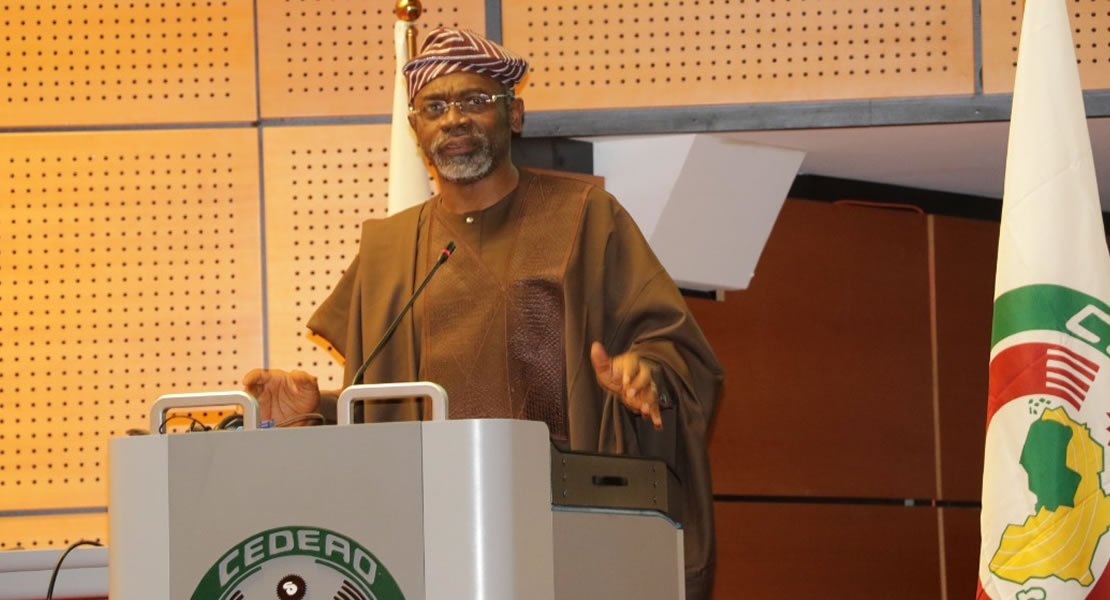
Protocol Relating to the Community Levy
Nigeria has, so far in 2023, remitted a total sum of N307, 654,790,928 which is 515,379,290 in the units of accounts value to the ECOWAS Commission.
The Nigerian Government is committed to fulfilling her financial obligations to ECOWAS, and is making arrangements to pay up any outstanding balance for the year.
Protocol on Free Movement of Persons and Goods
Nigeria’s commitment to the ECOWAS Protocol on Free Movement of Persons and Goods is completely unwavering. In a bid to gain full realization of the protocol, the Federal Government has introduced Visa on Arrival (VoA) policy to expedite movement of ECOWAS members through Nigeria’s borders.
The Federal Government of Nigeria has signed the agreement establishing the African Continental Free Trade Area, AfCFTA. Nigeria has equally demonstrated commitment to a gradual removal of import duties and other non-tariff barriers on imports within the African continent.
To show the Federal Government’s commitment, the Nigerian Ports Authority has commissioned the first Export Processing Terminal (EPT) in the country.
This is geared at enabling export-bound cargoes access to the Lagos Seaports without a glitch, in line with AfCFTA objectives. With this move, we believe we will encourage intra-African trade and promote regional development.
Kwaku Sakyi-Danso/Ghanamps.com